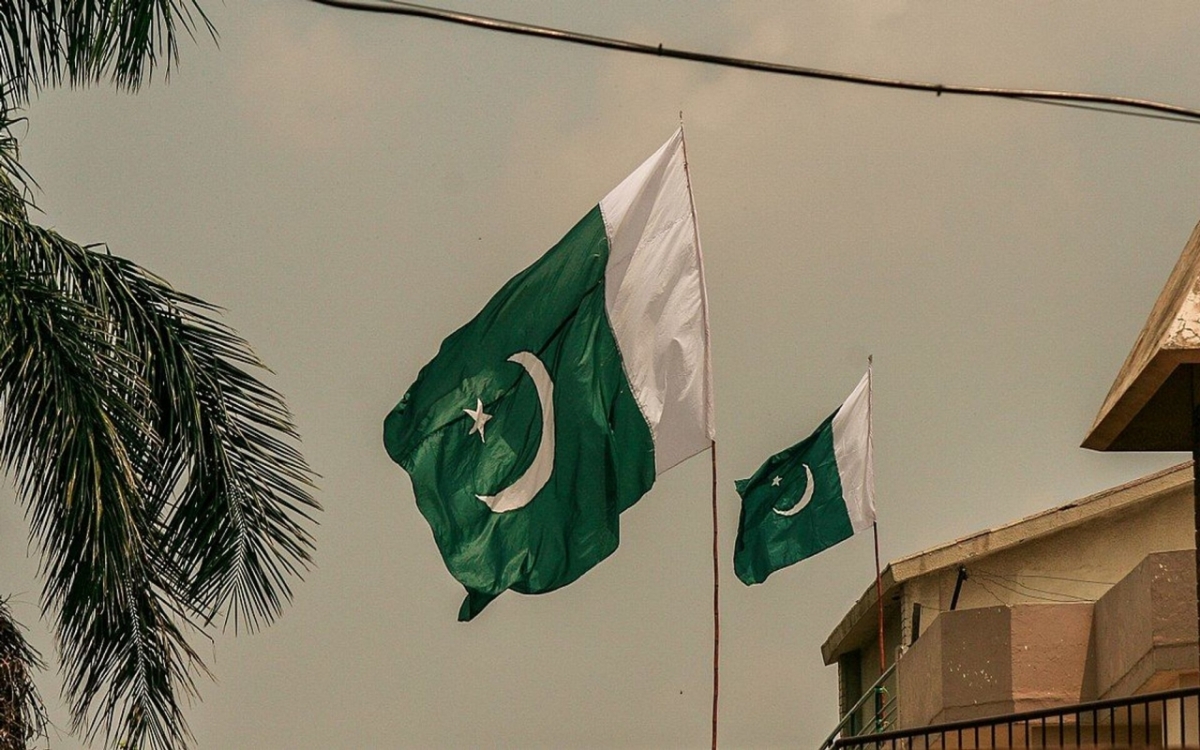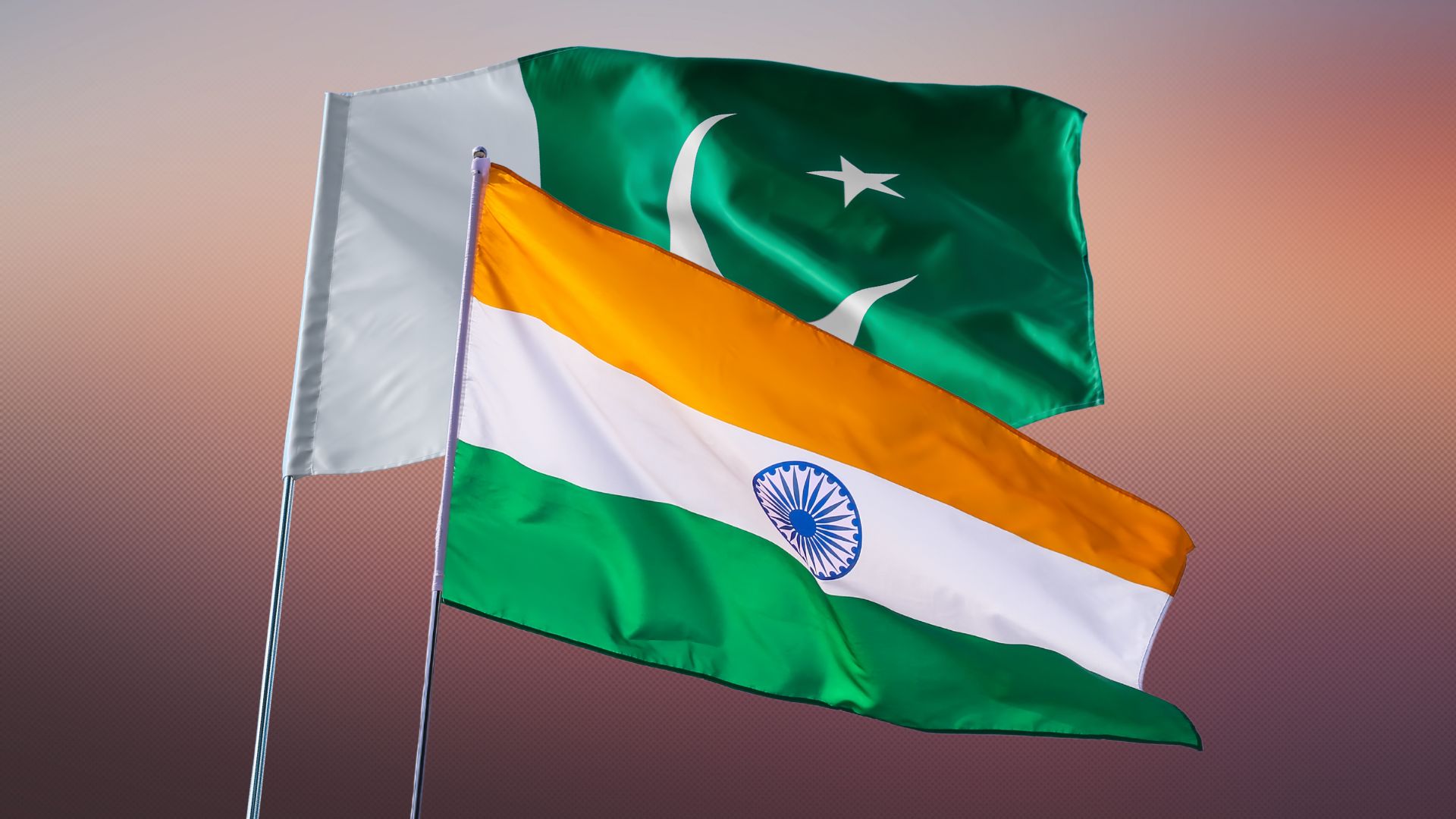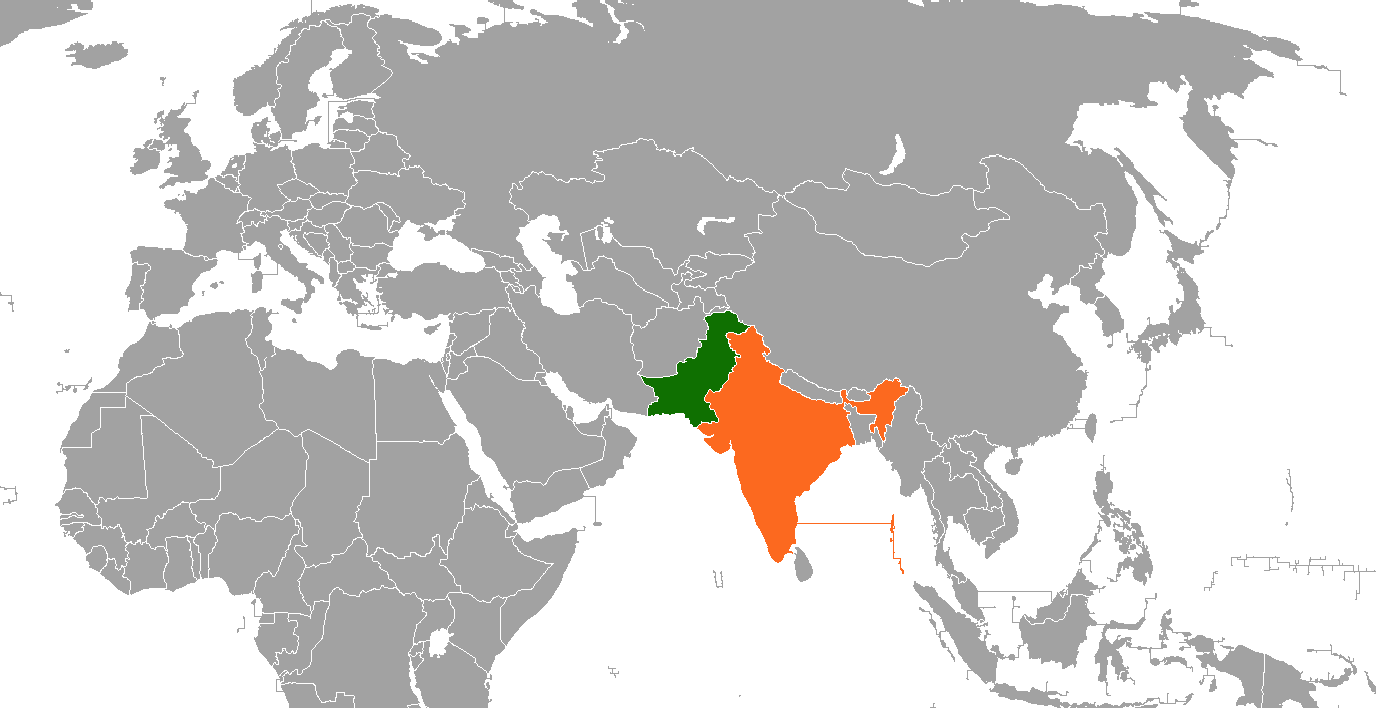Pakistan's Independence Story

The story of Pakistan's independence was shaped by its intellectual founder, Muhammad Iqbal. Iqbal was born in the city of Sialkot to a pious merchant and studied in Europe, earning a Cambridge degree in philosophy.
Iqbal studied law in England and Munich and introduced Islamic mysticism to Europe with a thesis he wrote in Iran. He became famous for his poetry in Persian and Urdu and pioneered the demand for a separate state among Muslims.
Muslim Secession and Independence in India:
In British-ruled India, conflicts between Hindu and Muslim communities intensified. While the British made predominantly Hindu appointments to the administrative staff, Muslims did not accept this situation. Britain, which withdrew from India after the Second World War, could not solve the Hindu-Muslim conflict and allowed the country to be divided. Pakistan and India gained their independence.
Pakistan's Difficult Economic Beginnings:
However, Britain's cession of all its rich resources to India left Pakistan in a difficult economic situation. The economic disruption negatively affected the industry, trade and agriculture of the newly established state. Moreover, the partition process led to massacres and the flight of millions of refugees.
Muhammad Ali Jinnah and the Founding of Pakistan:
Muhammad Ali Jinnah led the path of separation initiated by Iqbal and pioneered the creation of Pakistan. However, the leaders who came after Jinnah's death failed to establish an effective political power in the country. However, Pakistan, which has been in existence for 76 years, is economically developing and a significant portion of the population lives below the poverty line.
Pakistan's Cultural and Linguistic Diversity:
Pakistan is a country of five large and many ethnic groups. Languages such as Urdu, English, Punjabi and Persian are common in Pakistan. Culturally, there is a complex ethnic structure and a rich cultural mosaic in Pakistan, which is culturally influenced by Afghanistan and India.
Pakistan's Future and the China-Pakistan Economic Corridor:
The China-Pakistan Economic Corridor (CPEC) is an important agreement as the country struggles with internal turmoil and ethnic conflicts. However, domestic challenges and security issues emanating from Afghanistan make the implementation of the agreement difficult. Therefore, security and stability are crucial for Pakistan's economic development.
Pakistan's Social and Economic Challenges:
Ethnic diversity, economic floundering and internal turmoil are at the heart of Pakistan's challenges. Dependence on water resources resulting from the separation from India stands out as a reason for economic difficulties. Traditional practices such as purdah continue in the country and internal problems persist.
Pakistan is a country with a historical past, cultural diversity and economic challenges. The Muslim secession and the process of independence have defined Pakistan's identity. Today, the country's internal problems and economic development efforts continue.
Thanks for reading.


































